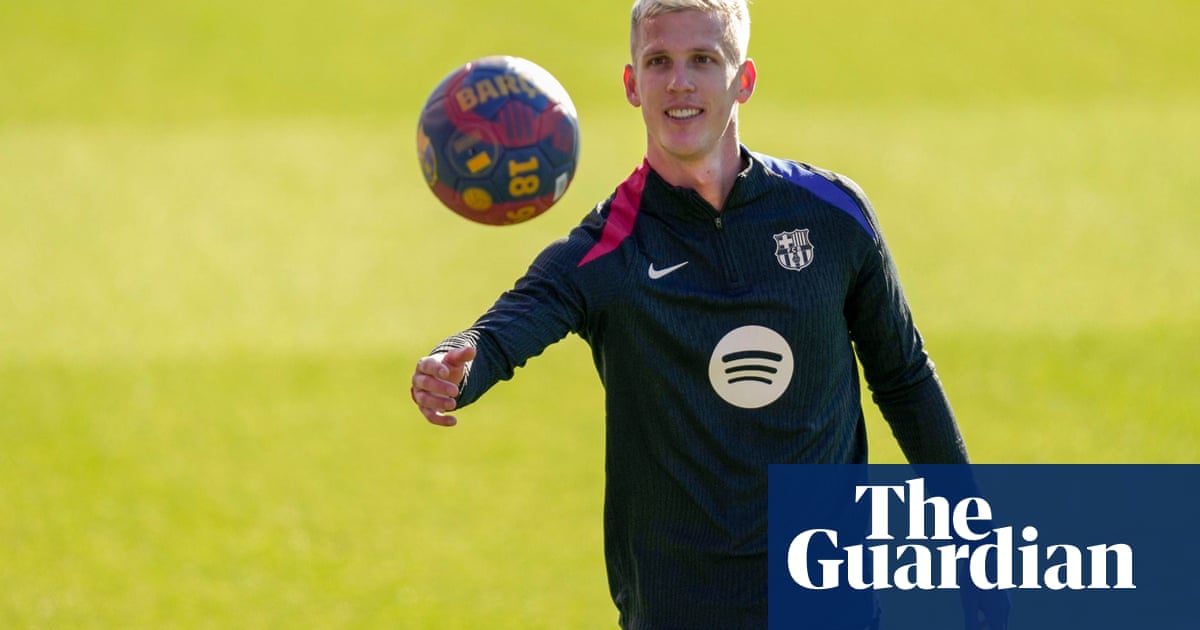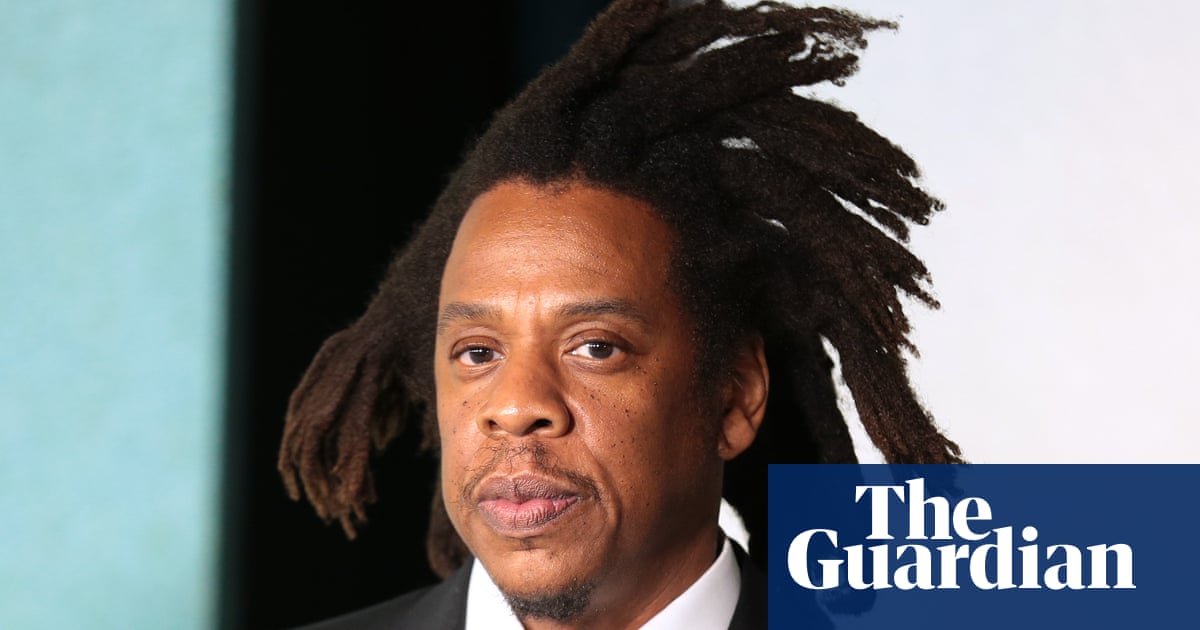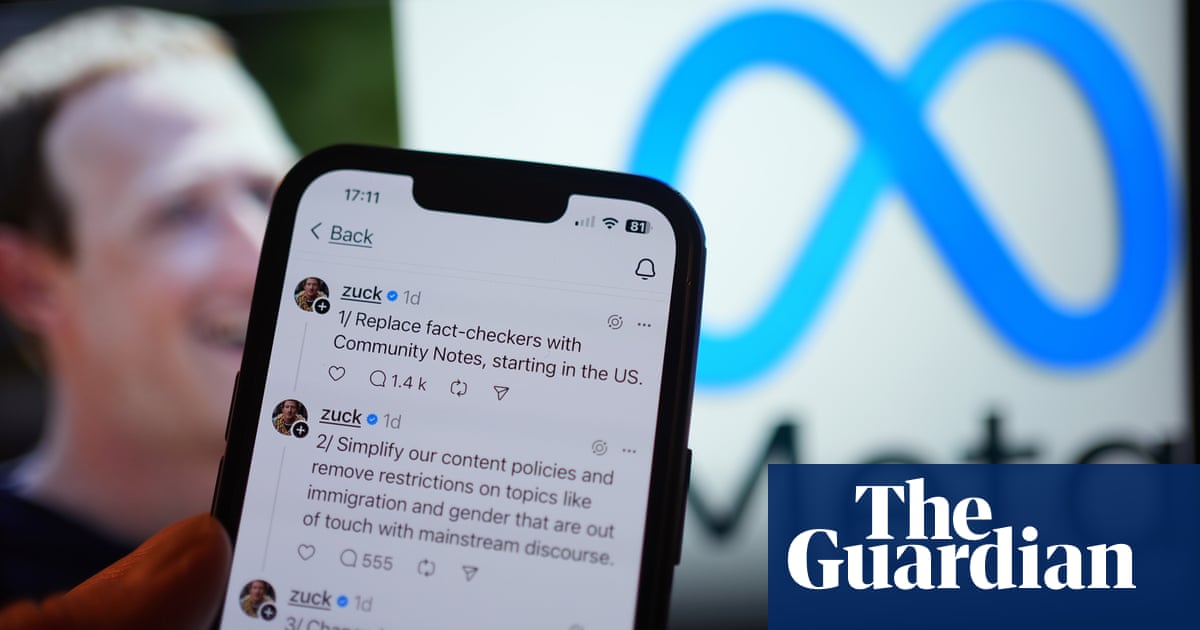It has, says Lulu, been “hard to put all the moments together” in her two-hour farewell show. One can understand why that might have proved tough. As the tour’s subtitle makes clear, she has been famous for 60 years, but her career was all over the map almost from the beginning.
A tiny figure in a sequinned hoodie and huge sunglasses – we should all be so lucky to look as good as Lulu does at 76 – she opens with Shout!, taken at a more sedate pace than she did aged 15: her debut single, it became a huge hit, but she couldn’t follow it up, which led her to shift from raucous R&B to bubblegum and easy listening. The material she recorded ranged from the sublime – the movie theme To Sir With Love was, a little incredibly, the US’s biggest-selling single of 1967; her version of it tonight gets a standing ovation – to the abysmal. Boom-Bang-a-Bang was a Eurovision winner that seemed to exist primarily in order to make Sandie Shaw feel better about having to sing Puppet on a String – cheer up, at least it wasn’t this. Lulu still looks winningly mortified singing it 55 years later, although that’s nothing compared to the expressions on the faces of her band, one of those aggregations of journeymen musicians in which the drummer looks like a member of Mastodon, the guitarist seems to be moonlighting from a country and western outfit, the bassist from a cerebral Pitchfork-approved indie band.

They all look much happier essaying her cover of The Man Who Sold the World, which briefly threatened to turn her into an androgynous glam icon. But, as she ruefully notes, her collaboration with Bowie proved a one-off, among a number of new directions that turned out to be dead ends. Recorded in American’s deep south, 1970’s New Routes should have been her Dusty in Memphis, but didn’t sell; her fantastic slow-motion disco single I Love to Boogie went the same way in 1979. Instead, light entertainment beckoned – “Bernie Clifton was her resident guest,” notes Wikipedia, darkly, of her 1975 BBC series, sharing the screen with a comedian who pretended to ride an ostrich being no fate at all for a woman who’d previously been in Muscle Shoals studios with Duane Allman and Jim Dickinson.
You catch a hint of her light entertainment past in her between-song banter: when she mentions recording a duet with Ronan Keating, she feels obliged to do an Oirish accent, and she’s big on the kind of showbiz stories that begin with the words “you know”, as in “you know, I made a movie with Sidney Poitier”. But salvation of a kind came in the 90s: her house-y comeback album Independence, a hit for Tina Turner with I Don’t Wanna Fight – apparently the first song Lulu ever wrote, in her 40s – and the call from Take That to appear on Relight My Fire. She rampages through it all in the second half, sounding, it has to be said, quite magnificent: her soulful rasp of a voice is in remarkable nick.
She dispatches a cover of I’m Still Standing. Ostensibly a tribute to her friend Elton John, it sounds like a statement of fact: her traumas were more artistic than personal, but she survived them nonetheless.
after newsletter promotion

.png) 2 months ago
15
2 months ago
15













































